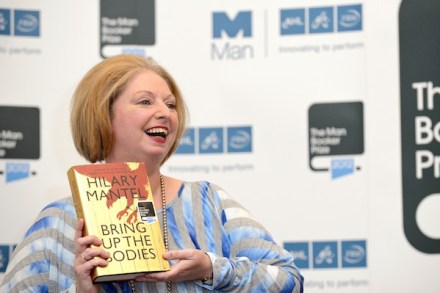One Night in Winter, by Simon Sebag Montefiore – review
Simon Sebag Montefiore’s One Night in Winter begins in the hours immediately following the solemn victory parade that marked the Soviet Union’s victory over Nazi Germany — probably the high point of Stalinism. Two teenagers, dressed in 19th- century costume and members of a secret literary club called, aptly as it turns out, the Fatal Romantics, have chosen this moment, of all moments, to re-enact a duel from Pushkin’s Onegin on a bridge beneath the very walls of the Kremlin. Needless to say, when the duel goes fatally wrong and the dead boy and girl are revealed to be the offspring of members of the Soviet leader’s inner circle, we











